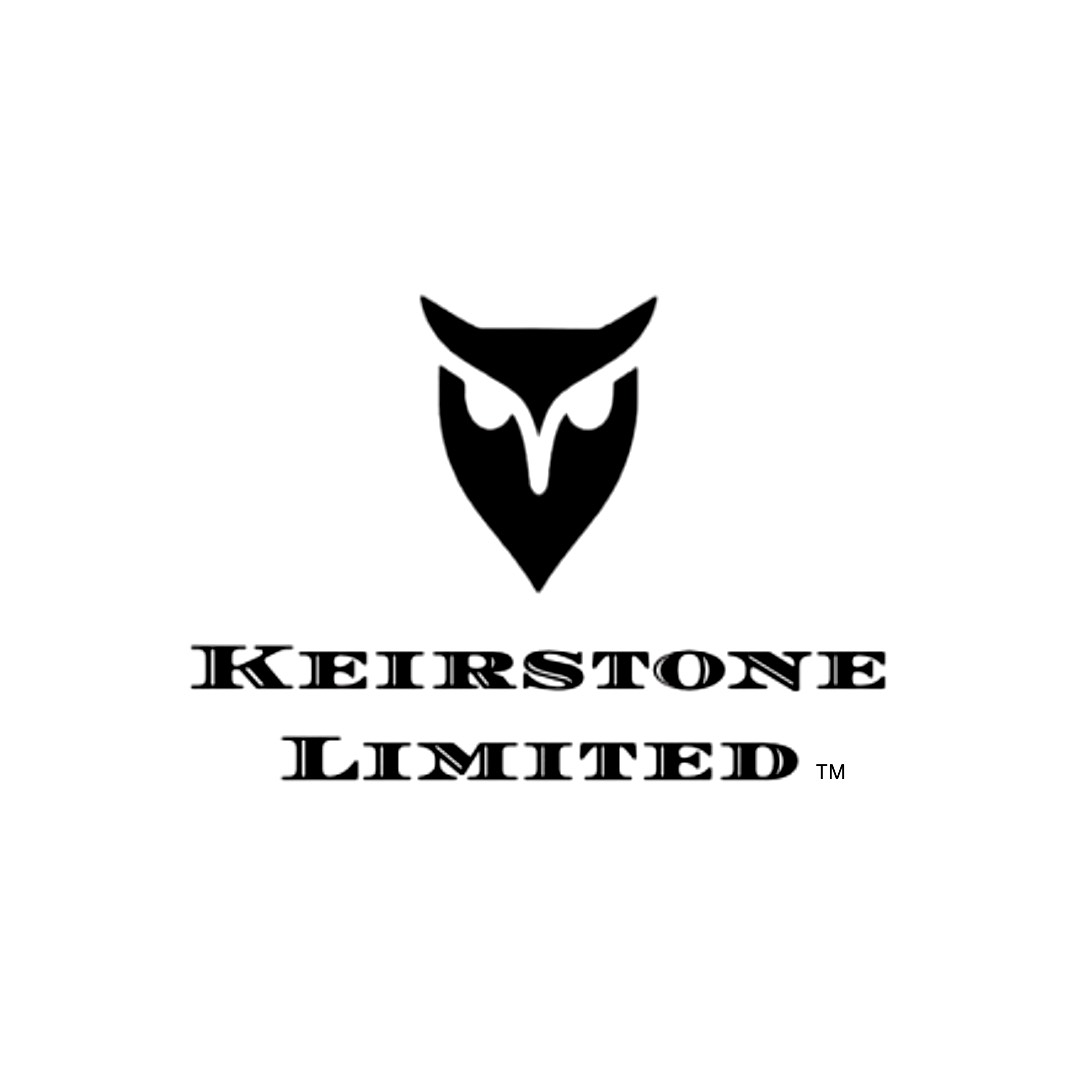As a business owner, keeping track of your finances can be a challenging task. One way to make this process easier is by using accounting software. However, with so many options available, it can be difficult to know which software is best for your business.
When choosing accounting software there are a few key factors to consider:
Scalability
Make sure the software you choose can grow with your business. Some software is designed for small businesses while others are better suited for larger companies.
Features
Consider what features you need and which software offers them. For example, if you need to track inventory, you will want to look for software that includes inventory management tools.
Ease of use
The software you choose should be easy to use and understand. Look for software with a user-friendly interface and clear instructions.
Integration
Consider whether the software can integrate with other tools you’re already using such as your point-of-sale system or e-commerce platform.
Support
Make sure the software you choose offers good customer support in case you run into any issues or have questions.
Cost
Compare the costs of different software options and choose the one that fits within your budget.
Quickbooks vs Xero
QuickBooks and Xero are two of the most popular options on the market. Both have their own strengths and weaknesses, and choosing the right one depends on the specific needs of your business.
QuickBooks is one of the most widely used accounting software and is known for its ease of use and user-friendly interface. It has a large user base, which means that it has a wealth of resources, including online forums and a vast knowledge base. QuickBooks also integrates with a large number of other software programs, making it easier for small businesses to manage their finances.
Xero, on the other hand, is an online accounting software that is known for its clean and modern design. It has a strong focus on collaboration, making it an ideal choice for businesses that work with a team of accountants or bookkeepers. Xero also has a comprehensive mobile app that allows users to access their financial data from anywhere, at any time.
In terms of features, both QuickBooks and Xero offer robust accounting capabilities, including invoicing, bill payment and budget tracking. However, QuickBooks has a slight edge in terms of inventory management, while Xero has a more comprehensive payroll system.
When it comes to pricing, QuickBooks offers a range of pricing options, including a self-employed version for solo entrepreneurs and more advanced versions for larger businesses. Xero has a more straightforward pricing structure with different plans based on the number of users and the level of features required.
Ultimately, the right accounting software for your business will depend on your specific needs and preferences. If you’re looking for an accounting software that is easy to use and has a large user base, QuickBooks may be the right choice for you. However if you’re looking for a modern, mobile-friendly accounting software that emphasises collaboration, Xero may be a better choice. Both QuickBooks and Xero are excellent options for small businesses, and the best choice will depend on the individual needs of your business.
If you require further assistance choosing the right software or setting it up for the first time, contact us today!
Francis Fabrizi
Accountant
Keirstone Limited



